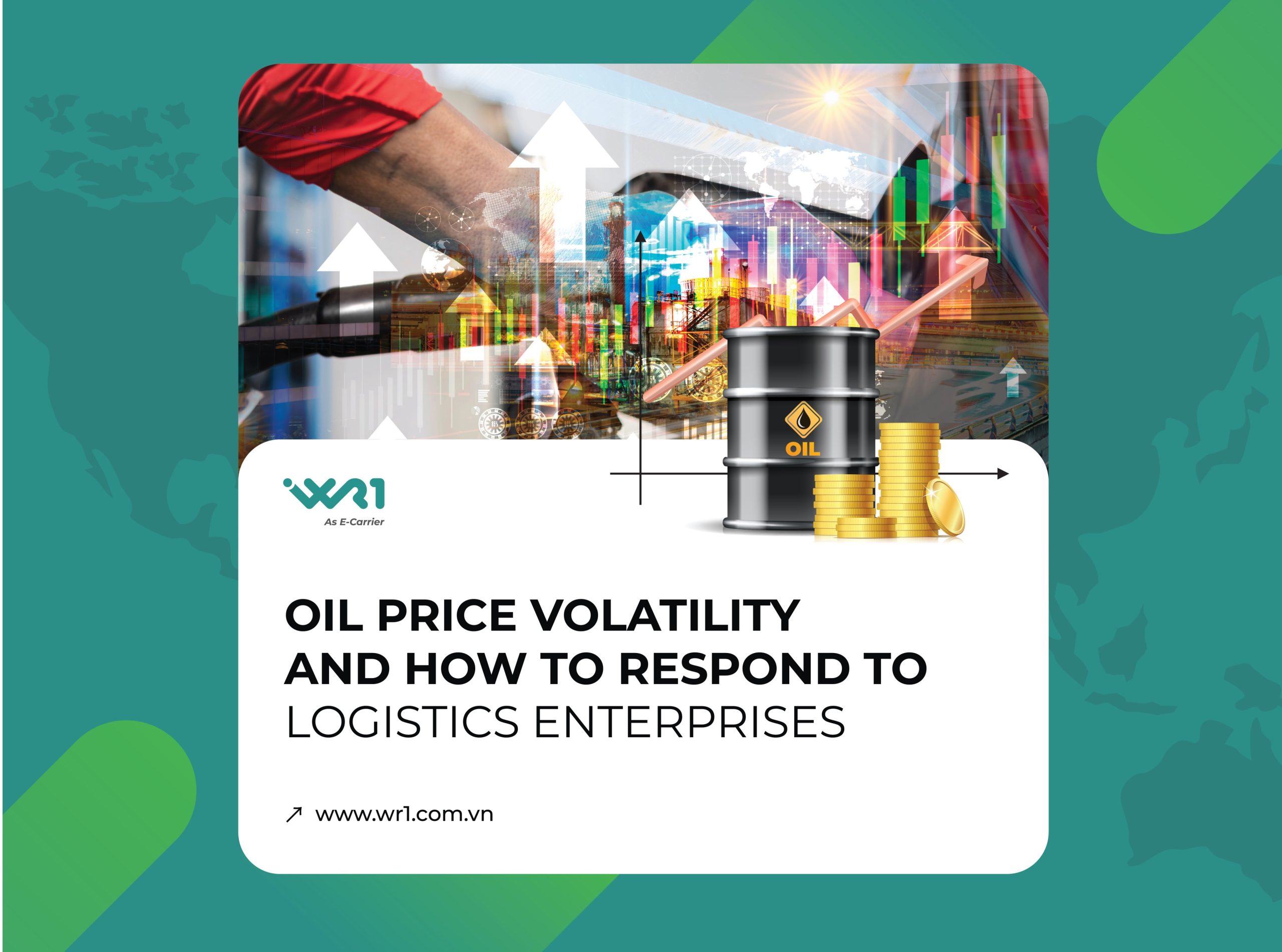Fuel costs account for more than 30% of total logistics costs; oil price fluctuations greatly influence businesses in general and logistics transportation systems in particular.
What is the current state of oil prices?
In the past, businesses have been severely affected by the COVID-19 epidemic, which has not yet recovered. However, now there is a new problem: the high price of oil, which severely affects the transportation industry operating in the logistics system. In particular, the war between Ukraine and Russia caused oil prices to show signs of escalation. In the last 2-month, oil prices have shown signs of decline, and the current oil price is equal to the end of 2021, which has partly reduced logistics costs but is still high compared to the time before the COVID-19 outbreak.
What are the pressures and worries of logistics enterprises about oil price fluctuations?
Logistics activities include costs: transportation costs, warehousing costs, and inventory costs. In transportation activities, fuel costs are a significant expense, accounting for 30-40% of ship operating costs. Transportation costs account for about 60% of all logistics costs are included. When the price of oil increases, it will put significant pressure on businesses in transporting goods. In addition, increased transportation fees affect the composition of logistics fees, such as roads, bridges, petrol, labor, wharves, and yards. Difficulties pile up on the logistics system, along with a severe shortage of empty containers. Empty containers to store export goods are currently scarce.
Besides, transportation costs also affect the competitiveness of Vietnam’s logistics, affecting the competitiveness of Vietnamese goods. The volatility of oil prices has created tremendous pressure on the logistics industry in general and the maritime industry in particular. However, not every increase in oil price can be applied to increase logistics prices for customers because logistics businesses often have long-term binding price contracts. Therefore, businesses will have to adjust their plans to not increase prices too much compared to the committed contract or adjust too many times, causing disturbances in the manufacturing industries.
How should logistics businesses respond?
-
-
-
-
Enterprises change other business policies, such as sourcing near the final market to reduce transportation costs and negotiating with customers to reduce related costs.
-
Encourage petroleum importers to use price insurance tools.
-
It is necessary to promote the entire supply chain for petroleum products, from purchasing input materials and production to sales and consumption to maintaining a stable gasoline source.
-
-
-
Contact Us:
????: 1900 966971
: info@wr1.com.vn
????: Facebook.com/wr1nvocc
: HCMC/ HAI PHONG/ HA NOI/ ĐA NANG



 Tiếng Việt
Tiếng Việt


